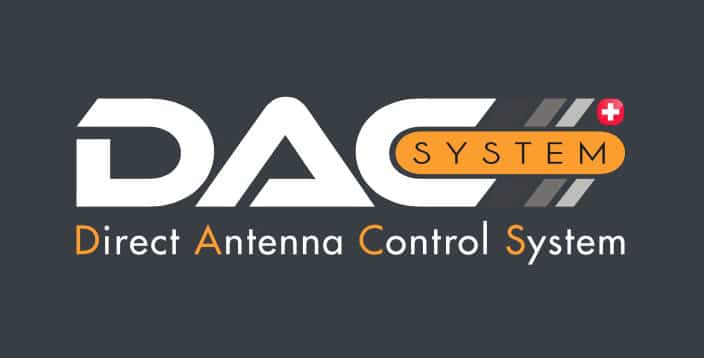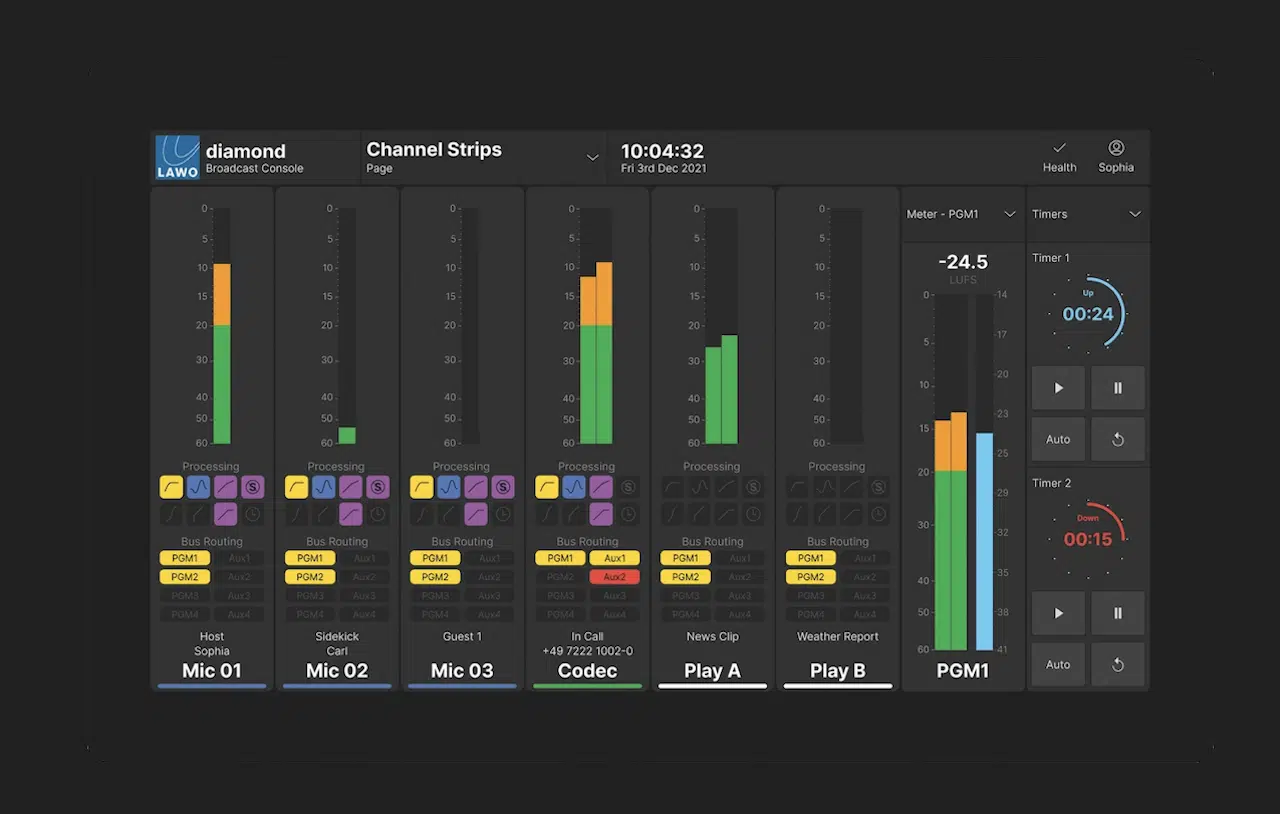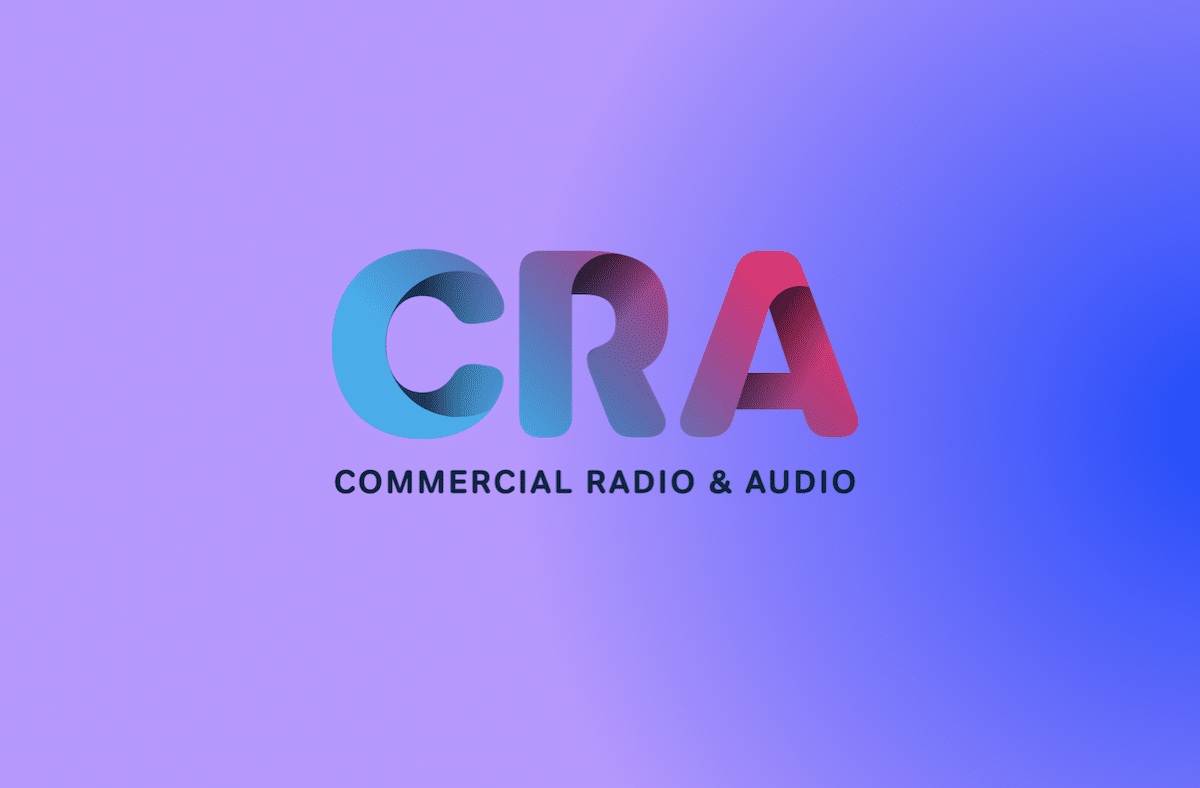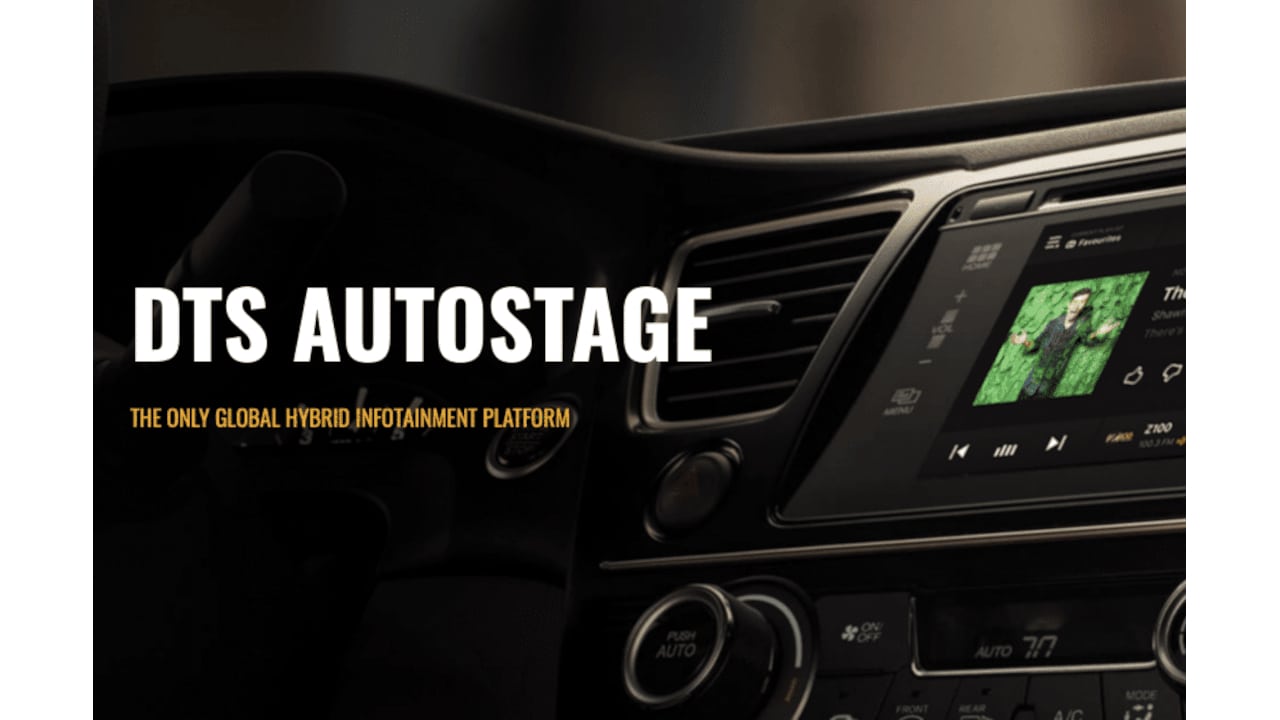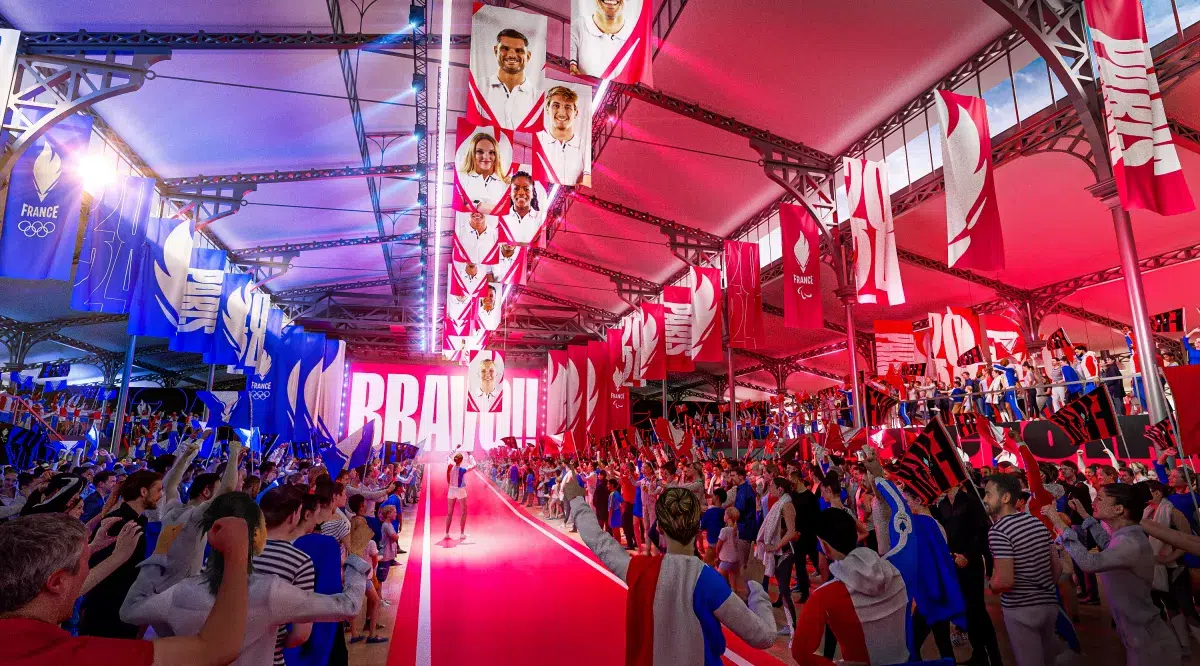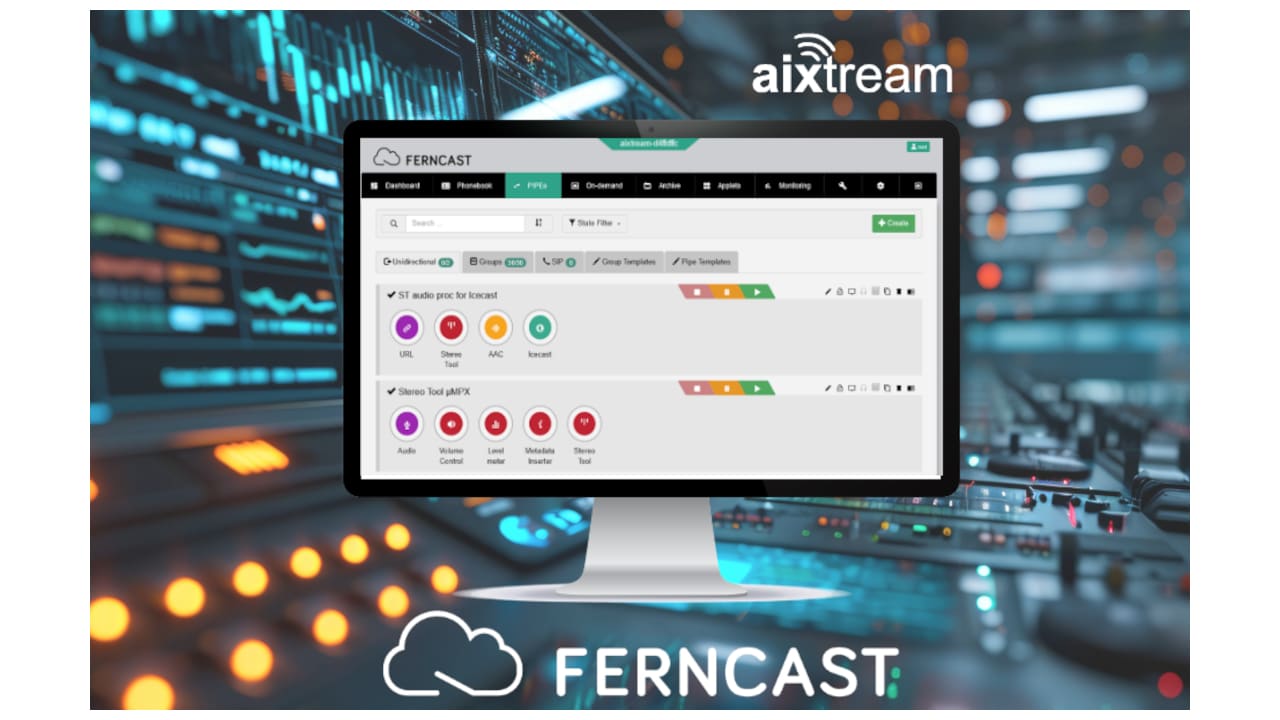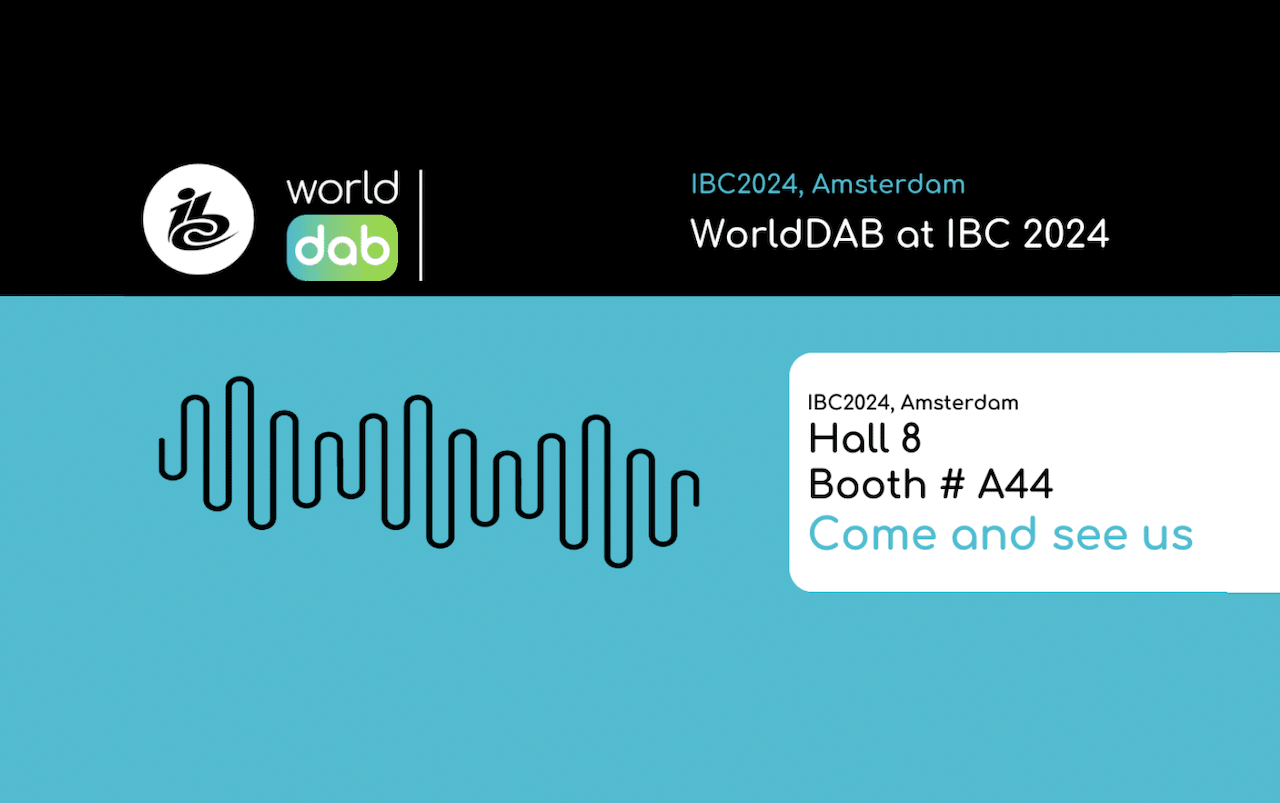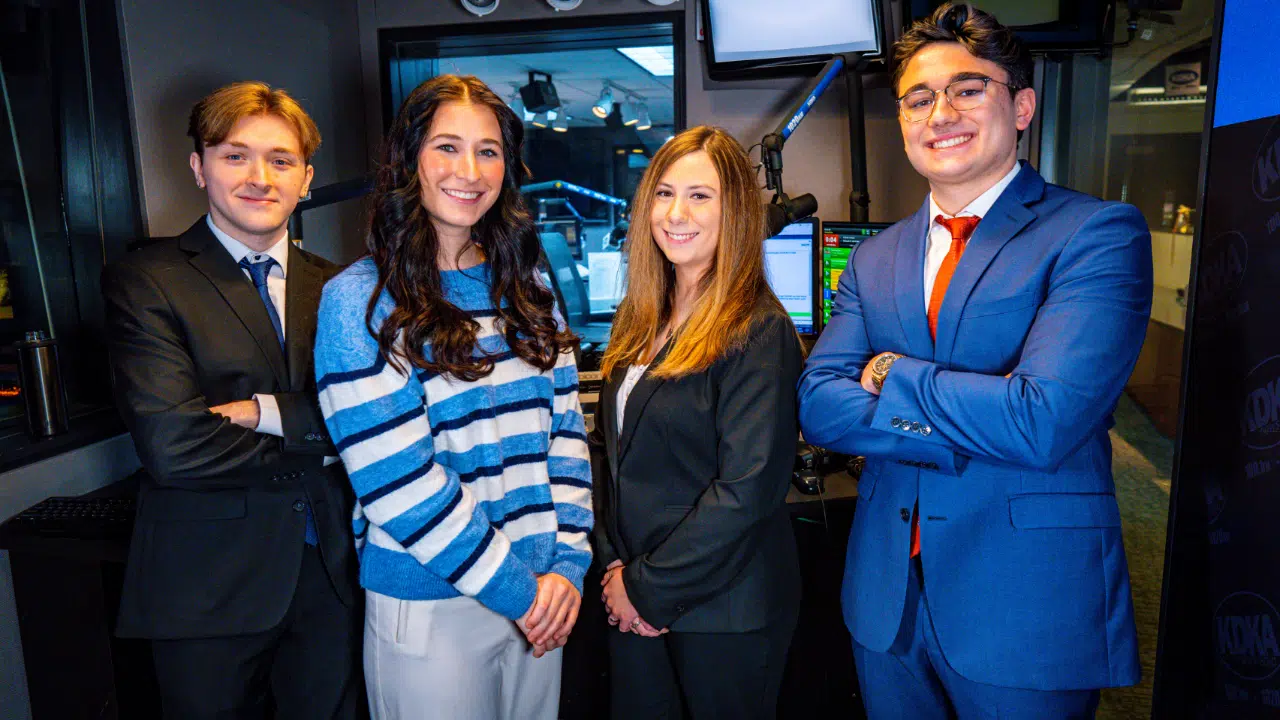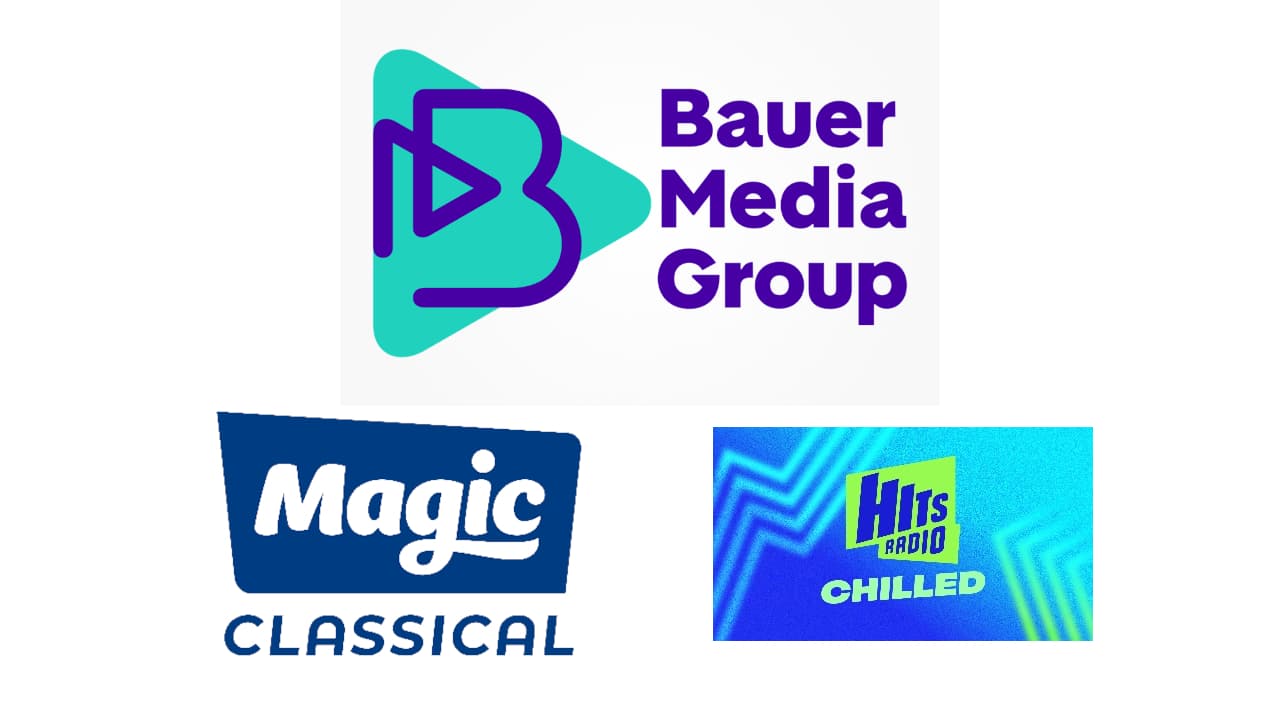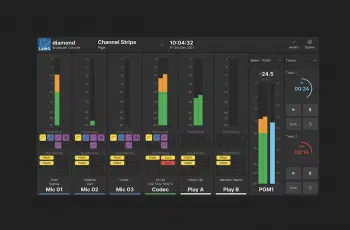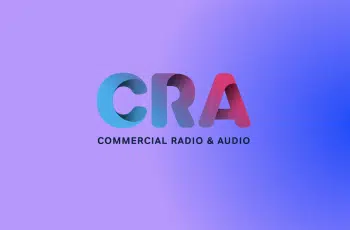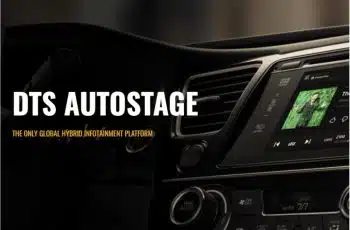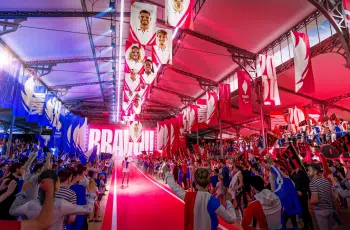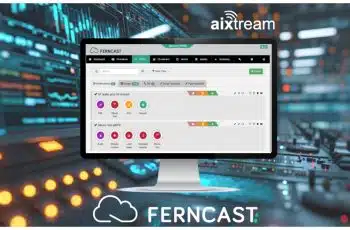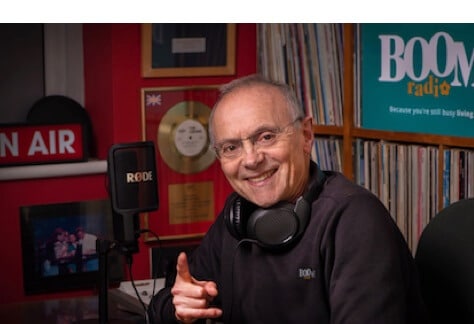
LONDON — A new national station for “Baby Boomers” — the 50, 60 and 70-something population — will launch this month in the United Kingdom.
Boom Radio will broadcast online and on DAB digital radio in cities including London, Birmingham and Glasgow, playing “Boomer music favorites from across the decades” along with more contemporary hits, conversation and company. The schedule features well-known radio personalities from the 1960s, ’70s and ’80s, with the breakfast show hosted by Graham Dene, a familiar voice from London’s Capital Radio in the 1970s.
 Virtual Radio Station
Virtual Radio Station
“It’s a virtual radio station,” said the station’s co-founder, David Lloyd. “Although a lot of radio stations have been running like this because of COVID conditions, this was always going to be our plan. There will never be bricks and mortar, we are relying on people broadcasting from their home studios — actually it’s so easy now to get a very decent radio program from people’s back bedrooms.”

For on-air equipment, technical consultant Quentin Howard eliminated some options because they were designed to be located at a physical station. “The final playout shortlist was a close call,” he explained, “but it made commercial sense to go with RCS Zetta and Zetta2GO for remote voice tracking, and GSelector for music. What tipped it was RCS’s outsourced ad traffic management service and Aquira software, which meant we didn’t need a traffic department of our own.”
Howard found he would need to equip or upgrade over half of the presenters’ home studios. “I mainly bought a mix of Blue Yeti USB and Røde NT-USB mics, Audio-Technica and Shure headphones, a couple of Behringer USB mixers and several laptops,” he said. “We have a couple of t.bone and AT2020s out there too. The aim is to achieve reasonably uniform sound from all our presenters, despite the wide variety of home environments.”
All the Gear
Laptops were all built to a common standard with browsers locked down, bespoke, colorful Boom desktop icons to launch station email, text messaging, RCS Zetta, and remote voice contribution connections as a backup or for two-way interviews.

“For this, Cleanfeed or Zencaster met our ‘just click that button’ test,” Howard said. “Finally, the output of Zetta feeds a software audio processor. We’ve been testing SAM Caster, Stereo Tool and BreakawayOne. From there, we Icecast to SharpStream, and generate a high-quality feed to all our DAB transmitters, together with four consumer streams at different AAC and MP3 bitrates.”
David Lloyd has big plans for the output to be more than an online jukebox station when it launches on Feb. 14. “We’re doing a lot of destination programming with all sorts of presenters, creating a really rich textured radio station, virtually — so it is ambitious,” he said. “The quality of the output, and the ease with which we can contract people to work for us means this model works beautifully for us — it was what we’d already designed, long before COVID hit.”


